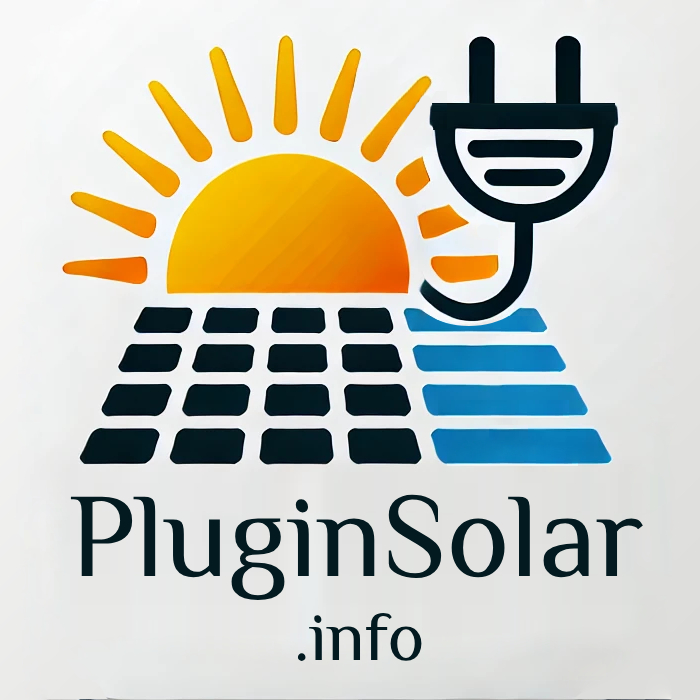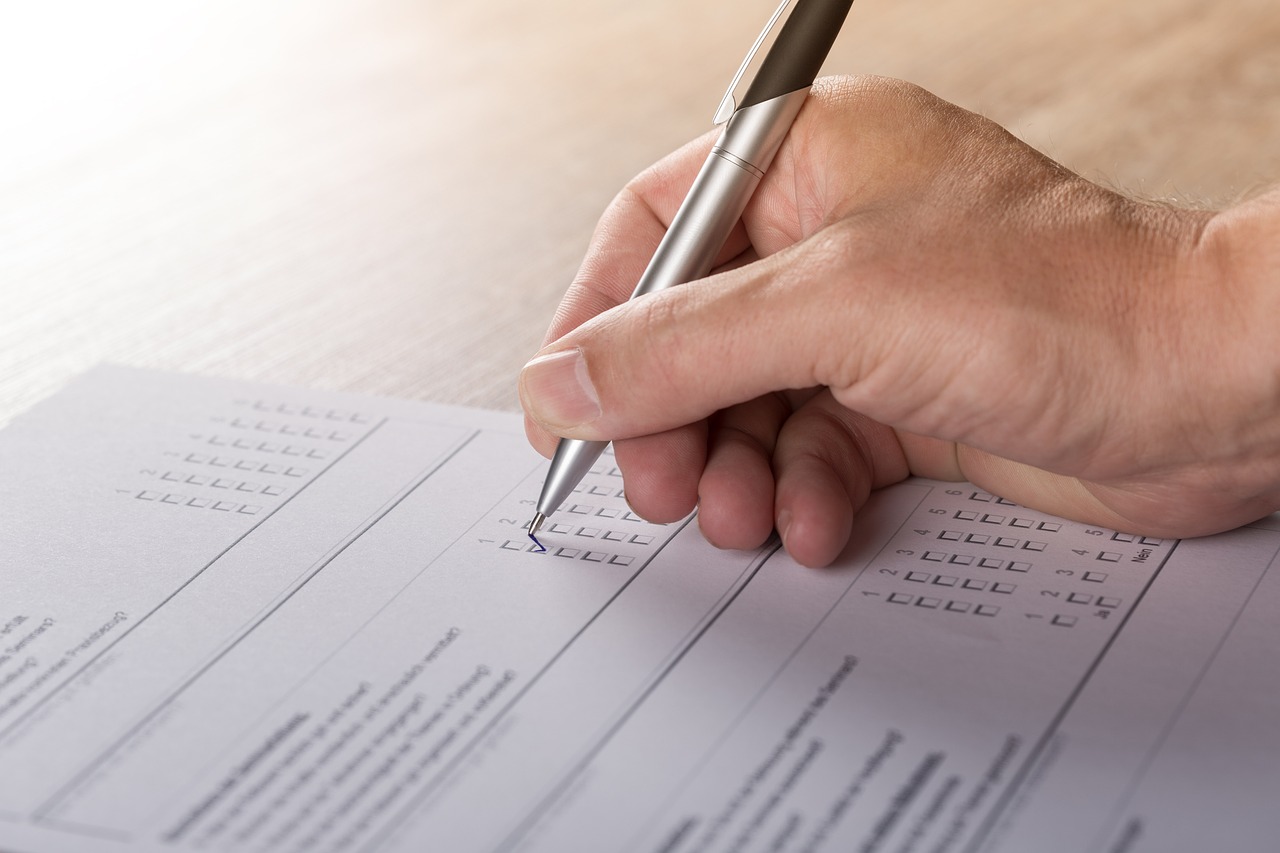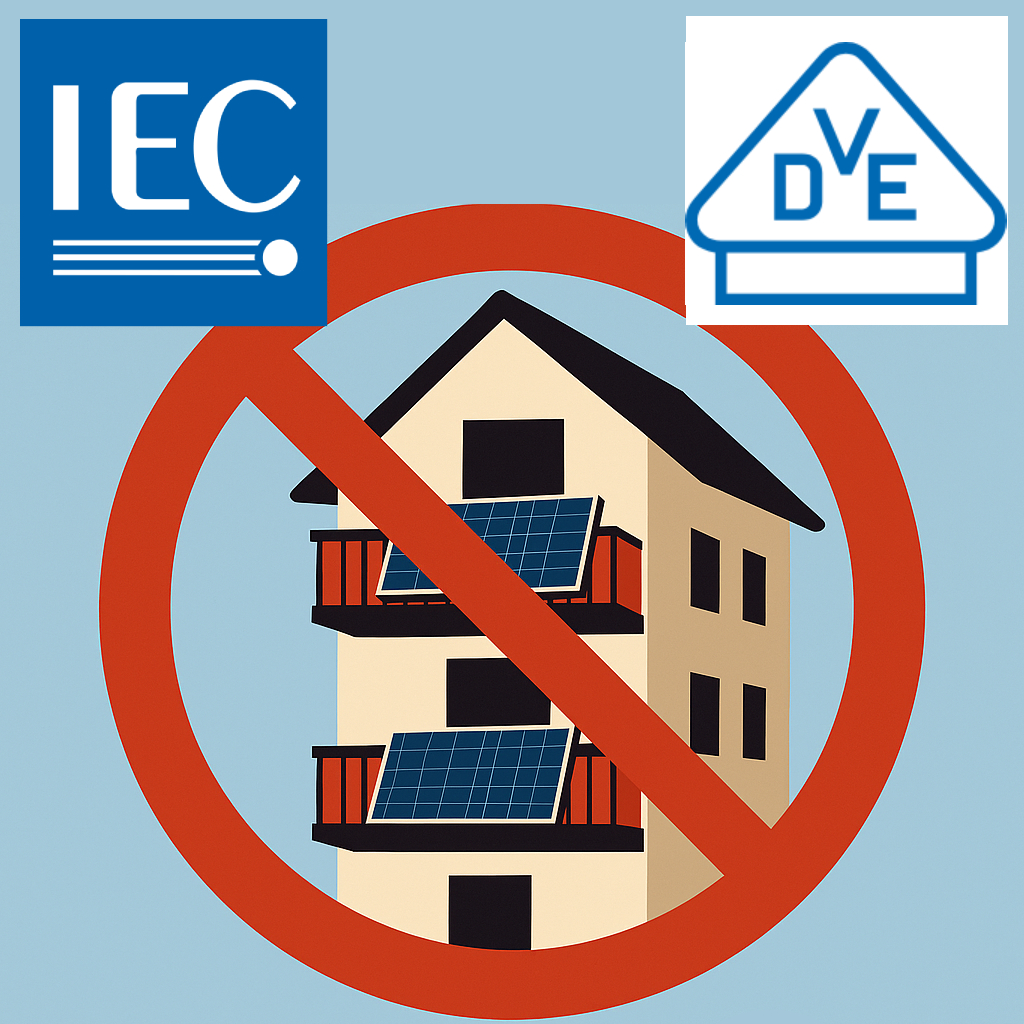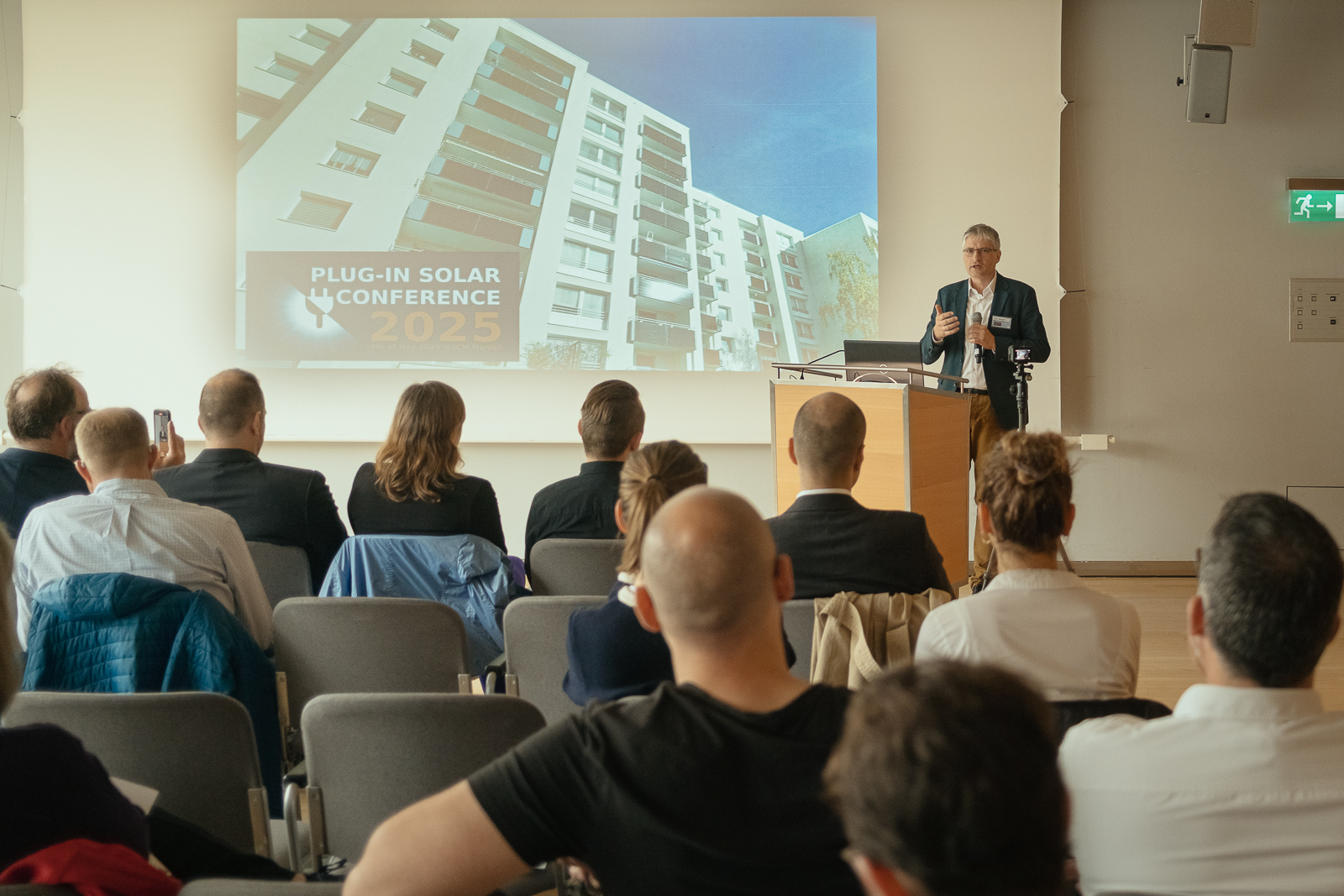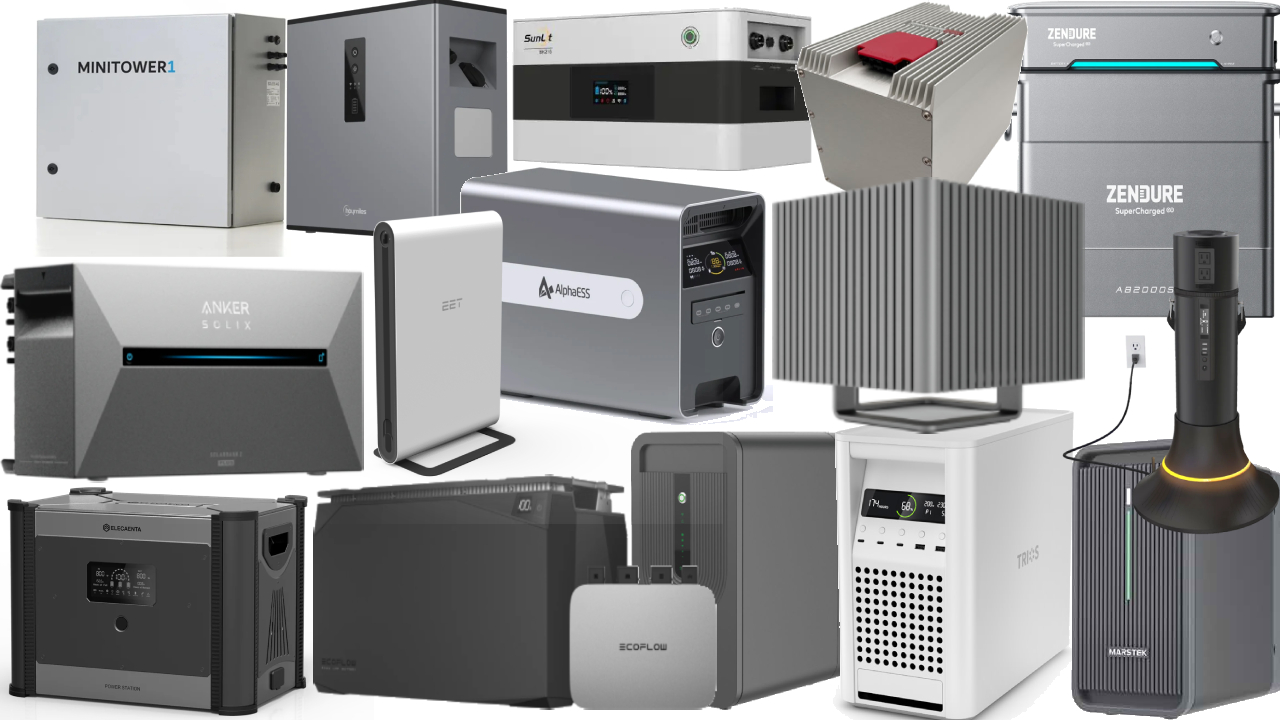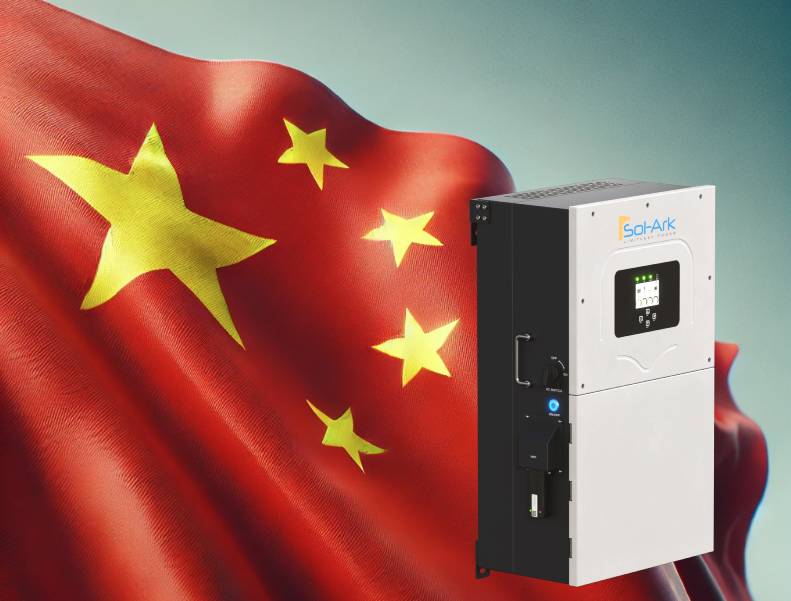
As the numbers of PV installations are rapidly increasing and as still many components are coming from Chinese factories, security issues need to be addressed. Recen reports have brought this issue to light with alarming headlines.
For instance, ComputerBILD – a leading German publication for technic related topics – recently ran the headline: ‘Deye Shuts Down Inverters in Several Countries: What You Can Do‘ advising users to delete the inverter from the manufacturer’s apps after installation and setup to prevent external manipulation. This mix of alarmism and questionable recommendations reveals much about the nature of the publication. A closer look at the situation justifies this skepticism. Here are the details:
On November 17, the U.S. TikToker “Derek the Solarboi” (31,000 followers) shared reports from individual users of Deye hybrid inverters in the U.S. and Canada. On November 15, these users received a warning message on their devices stating that operation of the device was not permitted in the U.S., which was followed by the deactivation of the inverters. Derek prematurely speculated that Deye, a Chinese manufacturer already viewed critically in some circles for previous negligence with security issues, had simply ‘flipped a switch’ and disabled all their inverters in the U.S.
By Wednesday, November 27, the topic had reached German media. The platform Golem reported on the issue, sharing a German user’s account of their Deye SUN-800 inverter for a plug-in solar system also failing during the same period. Günter Born, an IT blogger and author of the article, suggested that this incident was a ‘wake-up call to society‘ and warned of ‘extreme voltage fluctuations followed by emergency grid shutdowns,’ and, inevitably, the specter of a ‘blackout.’ Other outlets, such as Heise, MSN, and finally ComputerBILD, echoed these concerns with varying tonality.
Finally, Deye responded with a statement of their own. The warning message, they explained, was an automated notification that appeared only on gray-market imports of inverters that did not meet local grid connection standards in the U.S. (The sole authorized distributor of Deye technology in the U.S. is Sol-Ark in Texas, which rebrands all products under its own name. Any Deye inverters in question thus must have been direct imports by users and potentially non-compliant with U.S. grid requirements.) An internal safety mechanism detects where the device is located, and if it doesn’t comply with local standards, the warning appears, and operation is disabled for legal and safety reasons. However, Deye did not explain why this happened collectively on November 15th. The reason for a German user’s inverter malfunctioning on the same day also remains unclear. Notably, no further reports of similar issues have surfaced in relevant forums or Facebook groups from Germany, suggesting that, among the hundreds of thousands of Deye devices in operation there, in fact no widespread shutdowns occurred.
The Verdict So Far
Some individuals operated devices incorrectly, and the manufacturer’s safety protocols intervened. These individuals then complained online, providing fodder for media outlets impulse to sensationalize and stoke fear for clicks.
The media focus is clearly not on the actual issue. This is evident from ComputerBILD‘s recommendation to switch from monitoring power generation via the inverter’s app to using a smart plug. In fact, Deye does not even have its own app. Instead the devices integrate with the Solarman app by IGEN Tech. Moreover, many smart plugs are manufactured in China as well, so nothing is really gained from switching monitoring options.
The Real Solution to External Interference in the Energy Supply: Decentralization and healthy competition!
It’s obvious: Decentralized energy generation is far more resilient to external attacks than a few centralized power plants, whose shutdown due to hacking could significantly disrupt the energy supply as a whole. Stronger oversight of relevant products on a national level would be a good thing, nontheless. It’s just a matter of political will to dedicate resources to that.
Healthy competition among systems ensures that no single manufacturer can have a market share so big that secutity issues with one brand can endanger the energy system as a whole. However, healthy competition also requires a level playing field. What propelled China to the forefront of photovoltaic technology was massive government support for its manufacturers, coupled with deliberate policy decisions in other countries that undermined the technological edge in Europe and the US that existed in the early 2010s.
A targeted policy to maintain at least a resilience reserve of domestic production facilities – as the US has put forth in recent years – is a logical step back towards that.
